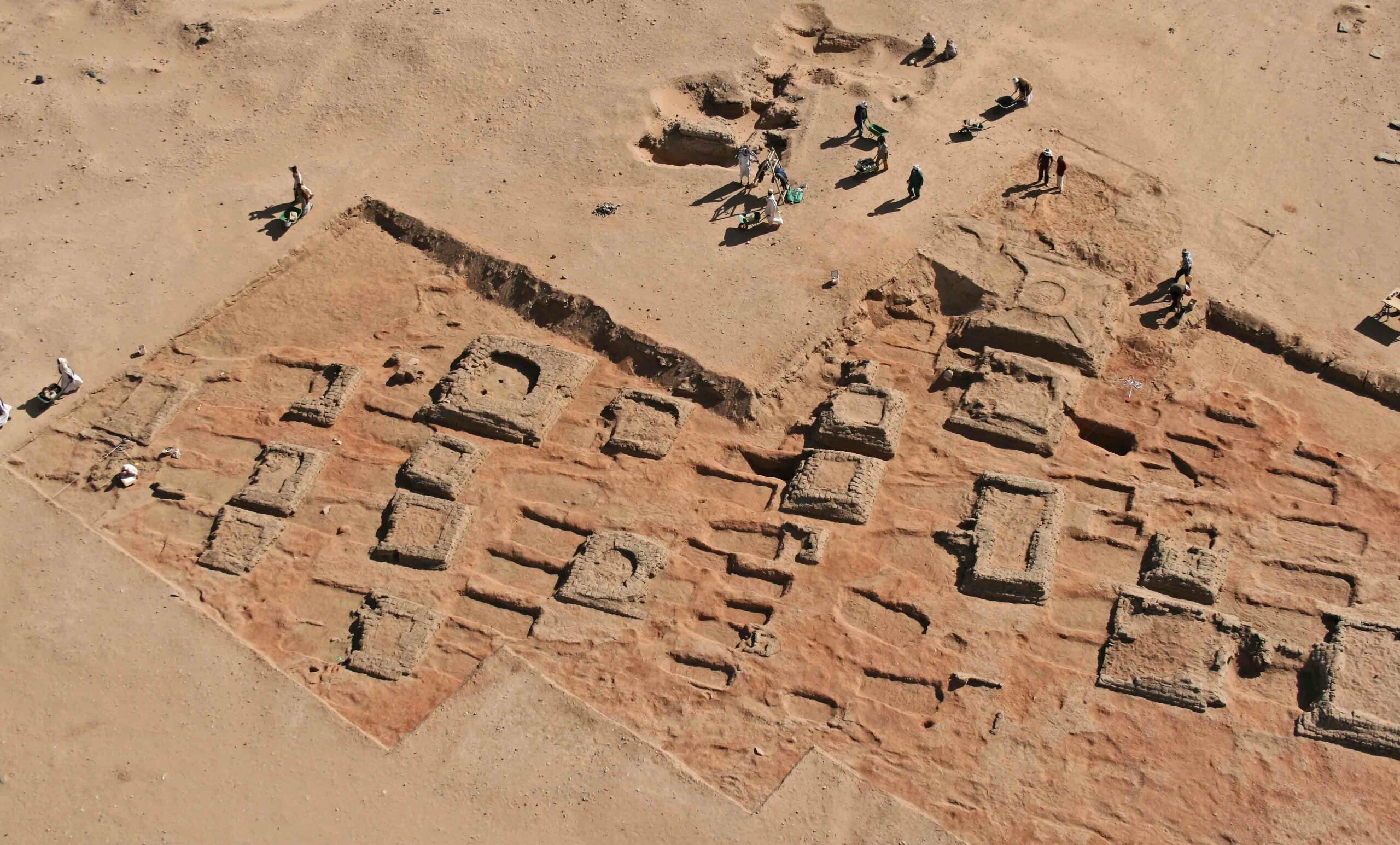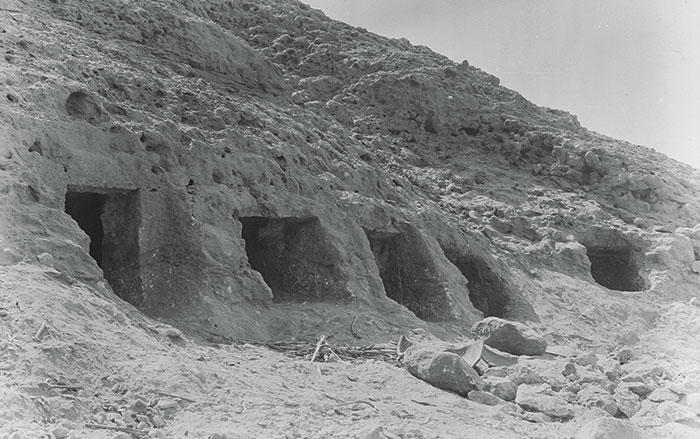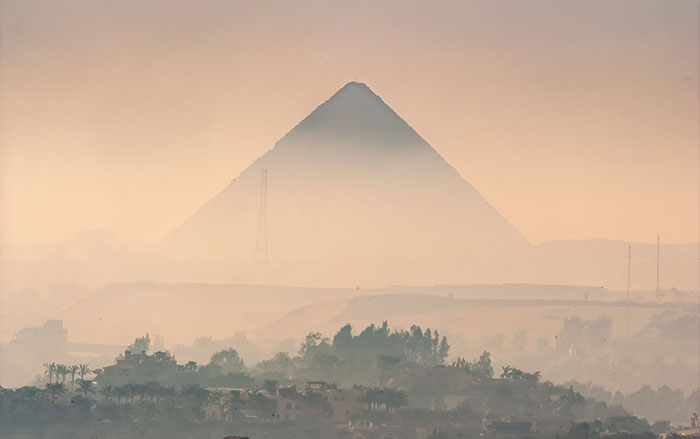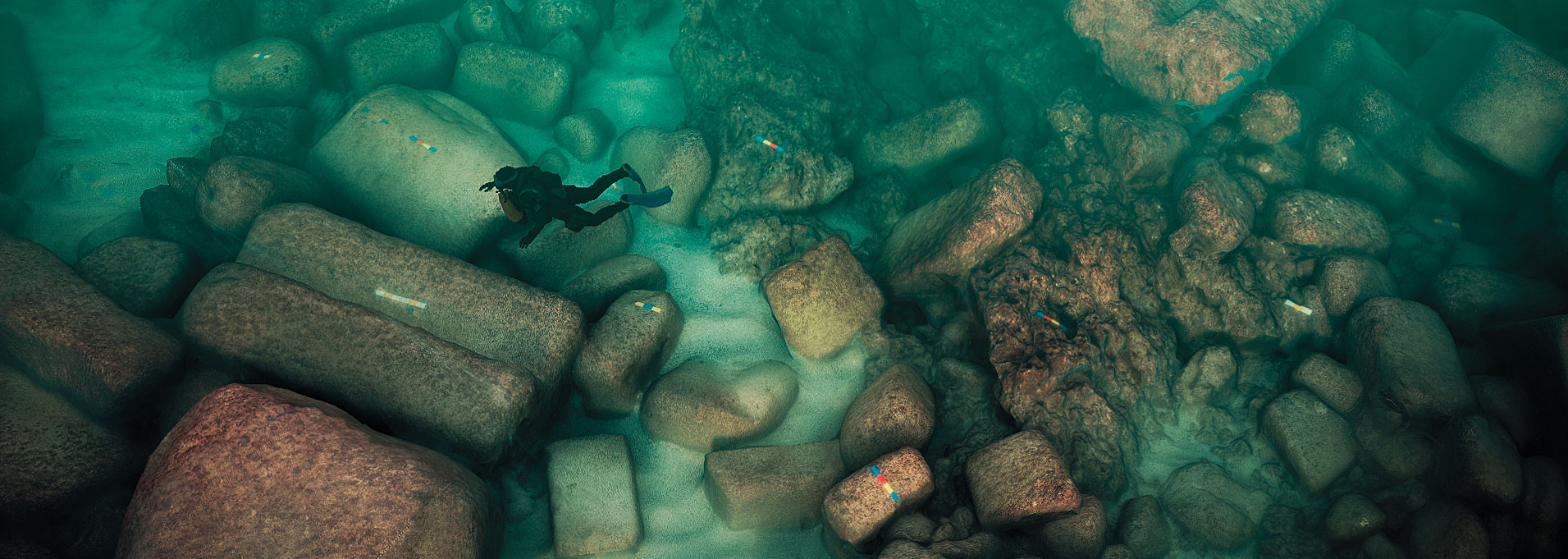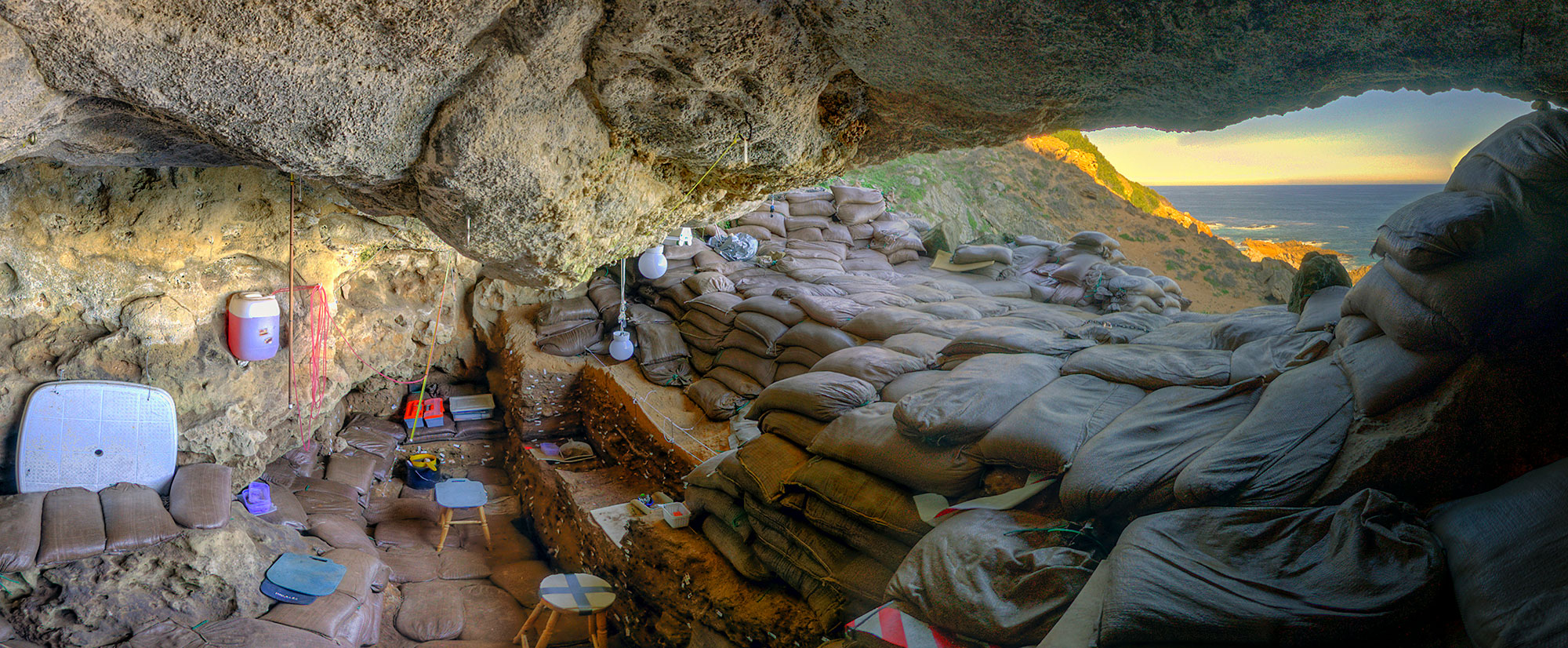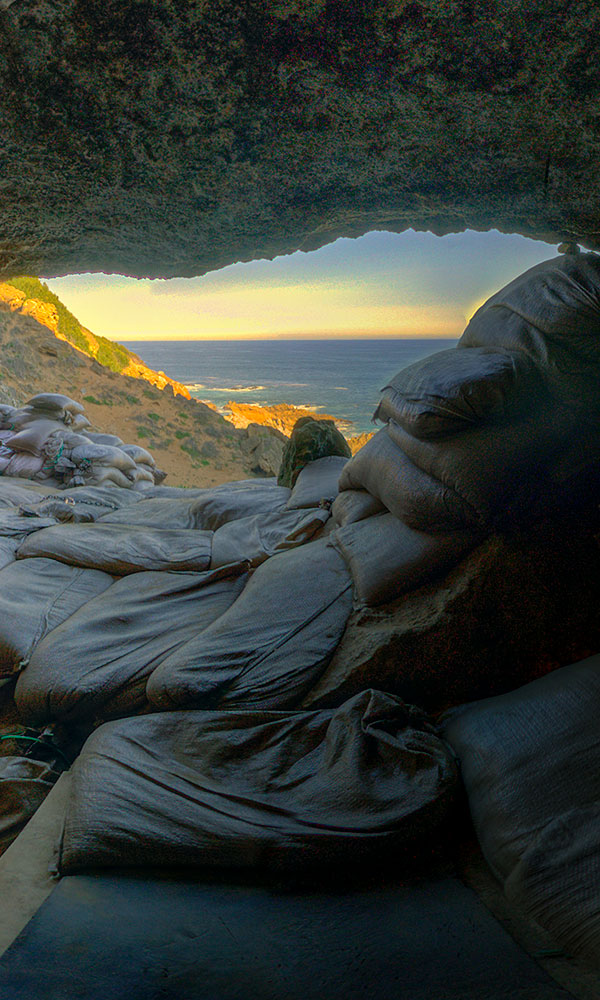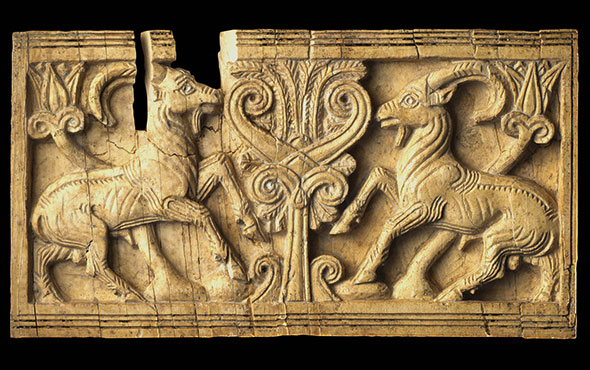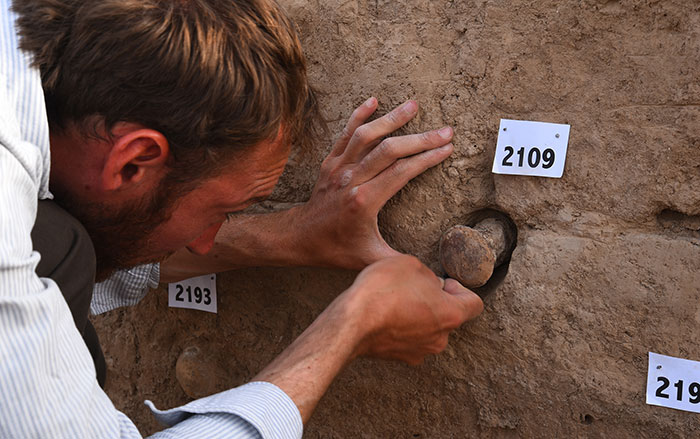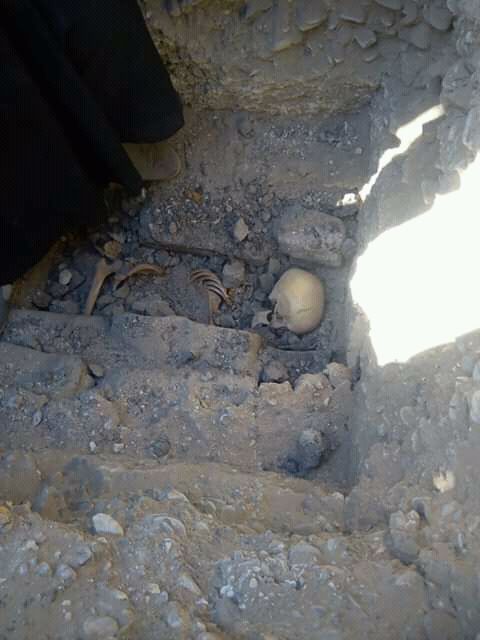
CAIRO, EGYPT—According to a Live Science report, human remains have been uncovered in a cemetery near the 4,600-year-old Meidum pyramid by a team of archaeologists led by Omar Zaki of Egypt’s Ministry of Antiquities. Initially constructed as a step pyramid by the Pharaoh Huni, who ruled from around 2599 to 2575 B.C., the Meidum pyramid was later given smooth sides by the pharaoh Snefru, who reigned from around 2575 to 2551 B.C. The pyramid has since partially collapsed, but is thought to have once stood more than 300 feet tall. The body is thought to have belonged to a young girl who was about 13 years old when she died, although archaeologists say it is not clear when she was buried. She was placed in the grave without any grave goods. Traces of what may have been a brick wall surrounding the cemetery were also uncovered, along with the remains of what may be two bulls’ heads and three small ceramic vessels. The artifacts may have been funerary offerings, but the archaeologists have not been able to link them to a specific burial. To read in-depth about excavations at the ancient Egyptian sacred site of Heliopolis, go to “Egypt's Eternal City.”


